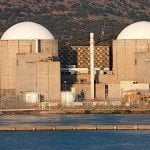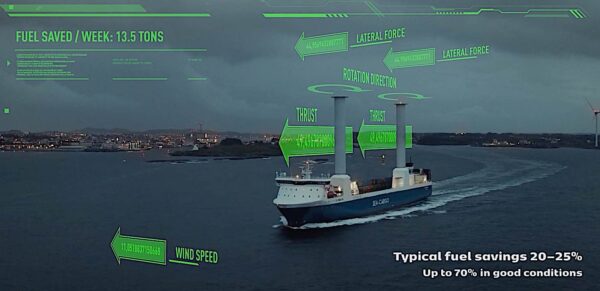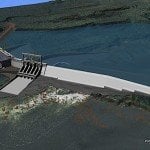Nexen Energy recently announced that it will spend approximately $400 billion on a 26,000-barrel-per-day expansion of its Long Lake oil sands project in northern Alberta. Plans include adding three steam-driven well pads that will send bitumen to its existing facilities. According to a company spokesperson, site preparation has already begun, with production slated to being in late 2020.

This is not an entirely new project, thought the decision suggests that some companies are beginning to continue with similar projects, which had previously been postponed, as crude oil prices remain well above US $60 per barrel.
According to a press release on the company’s website, the project has been approved by the Alberta Energy Regulator. “The decision further affirms CNOOC Ltd.’s long-term confidence in the Alberta energy sector and helps achieve the Alberta government’s climate objectives,” said the company, adding that the project will reduce Long Lake’s overall emissions intensity. “We remain committed to growing our Canadian production profile, and our oil sands assets are an important component of this strategy.”
The per-barrel cost of the new project were 50 per cent lower than what Nexen had been paying for expansion projects before the 2014 oil price collapse, primarily due to the fact that this was not a full-scale project with new steam facilities.

Oil companies have been aggressively cutting costs since the collapse, aiming to provide competitive rates and boost returns from their operations. “That is definitely one of the lowest that we’ve seen sanctioned recently,” said Wood Mackenzie research analyst Nathan Nemeth. “The caveat is that, once they start construction, can they stick to that?”
According to Nemeth, few other expansion projects have been announced, including by MEG Energy Corp. at its Christina Lake facility. Imperial Oil is currently being observed by analysts who are wondering whether they will announce their new project, Aspen phase 1, later this year.
CNOOC purchased Next for $15.1 billion in 2013, a deal which was at the time highly controversial, as foreign government-owned companies were only permitted to buy oil sands companies under “exceptional circumstances,” according to then-prime minister Stephen Harper.
Since then, a combination of state-owned and international companies have exited the oil sands through multi-billion-dollar sales. Among these are Norway’s Statoil SA and Houston’s ConocoPhillips Co. Investment in the sector has also drastically decreased, dropping to nearly a third of what was invested in 2014. Despite lower investments, oil sands production is slated to rise, with the Canadian Energy Research Institute projecting oil sands production will increase from 2.65 million barrels per day (bpd) this year to just under 5.5 million bpd by 2038. Likewise, total Canadian crude oil production will rise from 4.2 million bpd to 7.2 million over the same period.

































